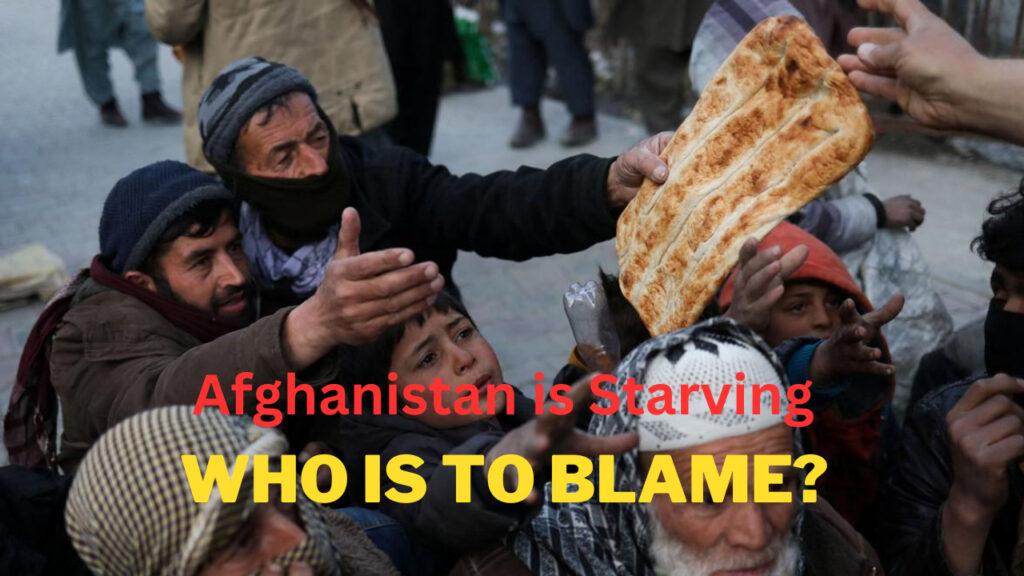Afghanistan is Starving, reveals a recent UN Report. The citizens of Afghanistan are among those facing acute poverty and hunger, as reported by the United Nations Food and Agriculture Organization’s report on food crises. The report, published by the organization, reveals that the number of people experiencing acute food insecurity and requiring urgent food, nutrition, and livelihood assistance has increased for the fourth consecutive year in 2022.
In 2022, approximately 258 million individuals across 58 countries and regions faced acute food insecurity levels ranging from phases three to five, whereas the corresponding figure was 193 million people across 53 countries and regions in 2021. This represents the highest figure recorded in the seven-year history of this report.
The report, produced by a consortium of global institutions including the United Nations, identified seven countries whose citizens experienced acute poverty and hunger at some point in 2022. According to the Global Report on Food Crises, the severity of acute food insecurity increased from 21.3% in 2021 to 22.7% in 2022. Among the countries affected, Somalia had the highest percentage of hungry individuals, followed by Afghanistan, Burkina Faso, Haiti, Nigeria, South Sudan, and Yemen.
Numerous crises are causing hardship for Afghans. There is the destruction left behind by years of conflict. For the past three years, droughts have affected a sizable portion of the country due to climate change. Other places have experienced flooding or unseasonal snowfall in the middle of June as a result. The nation experienced yet another devastating earthquake this year. The stoppage of remittances from overseas, however, poses the biggest problem.
The West has a protracted presence in Afghanistan for 20 years, participating militarily, diplomatically, and in development assistance. Three-quarters of public spending were covered by the international community. There were numerous construction projects that resulted in the construction and maintenance of roads, schools, and hospitals. But as soon as the Taliban came to power, the money stopped flowing.
There were about 400,000 people employed in the public sector, plus about 200,000 in the security sector. Many of these jobs have vanished; inflation and unemployment are at record highs.
The administrator of the United Nations Development Program, Achim Steiner, made his position on this clear. At the World Economic Forum in Davos in May, he said, ‘We cannot abandon 40 million Afghans simply on the principle of moral outrage.”


